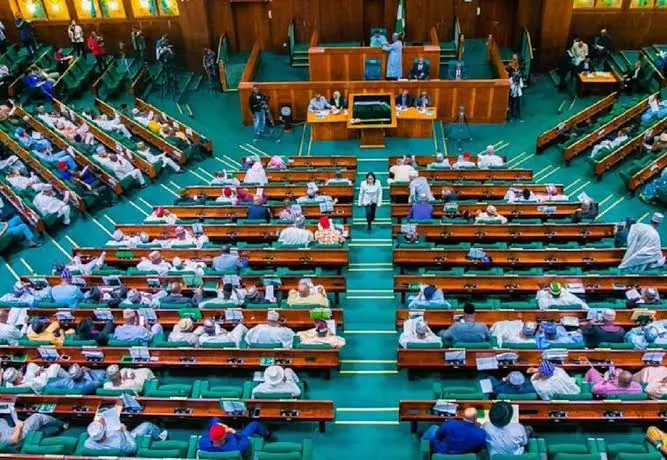There are no products in your shopping cart.
| 0 Items | £0.00 |


MEMBERS of Nigeria's House of Representatives are demanding an upward review of their salaries and allowances following the recent removal of fuel subsidy by the federal government despite the fact that they are among the highest paid lawmakers in the world.
Nigerian legislators are among the world’s top paid parliamentarians, receiving annual salaries of between $150,000 and $190,000 per annum. On average Nigerian legislators’ pay is more than 50 times the country's gross domestic product (GDP) per capita in a nation where millions live on less than $2 a day and the minimum wage is set at about $90 a month.
On May 29, President Bola Tinubu assumed office and one of the first headaches he inherited was the removal of Nigeria's expensive and wasteful petroleum subsidy. As there is no provision for it in this year's budget, the federal government will not be making any payments but implementing the policy requires offering palliatives to cushion the effects it will have on the masses.
Claiming that they will be hurt too, members of the House of Reps said they are not immune from the current economic situation in the country. At a meeting held on July, complaints from members arising from salaries and allowances forced the House to go into executive session in order to douse tension over the matter.
They challenged the speaker of the House Hon Tajudeen Abass, as to why there was a delay in the payment of their salaries and allowances, causing some of them to resort to loans. One lawmaker said they told the speaker that their salaries and allowances could no longer meet the demands of the job, hence a review was necessary.
He added that their request was a sequel to the current economic reality following the subsidy removal which had caused hardship, making the cost of goods and services skyrocket in the country. According to the lawmaker, the speaker did not promise them anything on the review of their salaries and allowances because such demands could only be accommodated in the budget after due process.
Nigeria's Revenue Mobilisation Allocation and Fiscal Commission, the government agency that decides the salaries and allowances of public officials, had proposed a 100% increase in the salaries of public officials but the proposal is yet to be approved by the president or reflected in the budget. However, to cushion the effect of fuel subsidy removal, the House of Representatives received a communication from President Tinubu, seeking an amendment to the 2022 Supplementary Appropriation Act.
This amendment is to accommodate N500bn ($643.4m) for the provision of palliatives for Nigerians. In the letter, President Tinubu said the request was necessary to enable the government to provide palliatives for Nigerians to cushion the effects of the removal of fuel subsidy.